Edutainment: How To Reach, Teach, And Keep Your Audience
While the number one goal always is educating your audience when conveying information, in order to grasp your audience’s attention throughout the whole session, entertainment is equally important. Therefore, equal bits of education and entertainment should be ideally blended, achieving what is known as “edutainment.”
It is important to understand the specifics of the audience you are speaking to, in order to build a connection and effectively share the needed information. And in fact, #entertainment does not have to be strictly humor; rather, relating your message to pop-culture or adding bits of levity, wit, and playfulness.
Still unsure how to use “edutainment” in your message? Don’t worry! We’ve invited panelists Kathy Klotz-Guest (@kathyklotguest) and Will Deyamport (@iamDrWill) to assist you. Missed the Tweet Chat? Here’s a recap:
Q1: What is the purpose of edutainment? What are the benefits of learning how to entertain your audience while providing information? What examples of this can you share? #WinnieSun
Kathy Klotz: The purpose is to educate and inspire by entertaining. Benefits are connecting in whole new ways. OralBrush, Disney - hello Hamilton! - even Durex recently.
Beth Staub: I was fortunate enough to have an ex-boss at Celebrity Theatre in Phoenix - I took my students to work shows there every year (I taught TV/Radio) It was epically fun and educational. A2 My best lesson was how media can influence wars. I had the keys to the school (we were the DJ) so we stole desks/rearranged rooms of two very competitive teachers - left cryptic messages so they would blame each other #winniesun Hands-on learning! It was a win/entertaining. A2 My favorite lesson was that of Fox News and how/why it started (I taught tv and radio) unfortunately, I do not think any of my kids paid attention because, well, Mr. Murdoch won and we lost (he created FOX to divide and conquer America like Hearst back in the day)
Q2: Teaching 101 - What inspired you to teach / share your insights & lessons with others? How do you translate your passion into retainable information for others? #WinnieSun
Kathy Klotz: Teaching is part of what I do and stories travel and entertain. What inspired me was the idea of reaching ppl emotionally where they are. I always ask myself is there a lesson I can package in a fun or funny way? Or playful?
Evan Wyk: I see #mentoring as a form of teaching/sharing of info. It gives my incredible pleasure to freely share my experiences & knowledge with those who need guidance, inspiration & help with their careers/businesses etc.
Q3: Is storytelling different in person vs digital format? How do you tell a good story? What are the key elements to a good story and what are the best tips to help you organize your thoughts when preparing to tell it? #WinnieSun
Kathy Klotz: The principles of great storytelling don’t change; how we deliver that does. We need to take into account the overwhelm and fatigue of audiences today. Great storytelling focuses on change - on what’s possible for your audience.A5b. Start with the end in mind - where do you want them to end up? How do you want them to feel at the end of the story? Start with that and you will craft far better stories. Don’t forget conflict and change! We want to see change. That’s hope!!!!
Will Deyamport: No doubt it's different. You can be more subtle in person, but online you have to play bigger, otherwise, it falls flat. #WinnieSun The best stories for me come from folks documenting an experience.A5a. As cheesy as it sounds, you have to own who you are. Everything. Don't try to "Fake it until you make it." Embrace everything that makes you who you are. Even the things you don't like about yourself.
Q4: It’s a big pop-culture world out there! How do you know what films / images / musical references, etc., will resonate the most? How do you incorporate pop culture into your content? #WinnieSun
Kathy Klotz: Great question! I see what’s trending and I think about lessons learned that are relevant to my audience and to my experience. I won’t do it if it’s not. Example: Deadpool and the art of audience interaction and breaking the 4th wall.
Will Deyamport: I don't use a lot of pop-culture references. I use references from the classroom. Conversations we've all heard from colleagues. The angst we have about what's happening in K-12 education. I don't talk pop-culture, I talk teacher talk. That's a different culture.
Q5: Every platform is different. How do you know what platform is right for you? Can all platforms “be right”, just with different strategies? What lessons have you learned when it comes to this? #WinnieSun
Kathy Klotz: I learned to master one platform at a time. Doing 5 things suboptimally is not great. What does work is nailing one platform at a time. And... just me?! SnapChat was the best investment I never made!! Lol
We don’t have to be split by being everywhere! It’s ok to experiment. Make sure you really understand the nature of each platform!!! Play!!!
Will Deyamport: Select platforms that speak to your nature. Also, you gotta go where your audience hangs out. Don't kick it on the gram if you hate pictures and your ideal audience is over on Facebook
Gene Petrov: Every platform has its strengths & nuances. We have to adjust our strategies for that. We don’t have to be everywhere. We DO need to build where we can play to our abilities & have the greatest impact. For me: it's Twitter because it's the place to share ideas.

